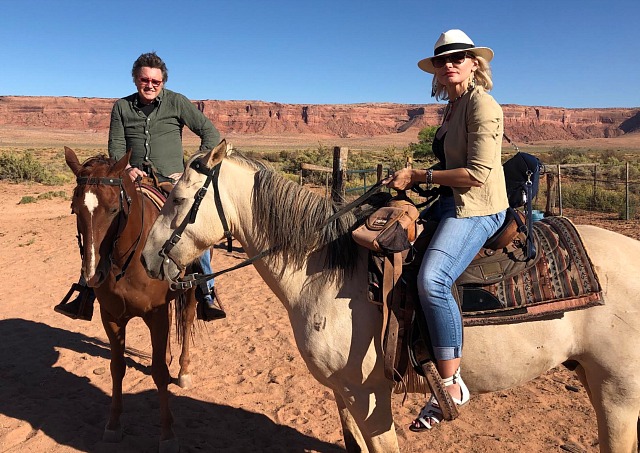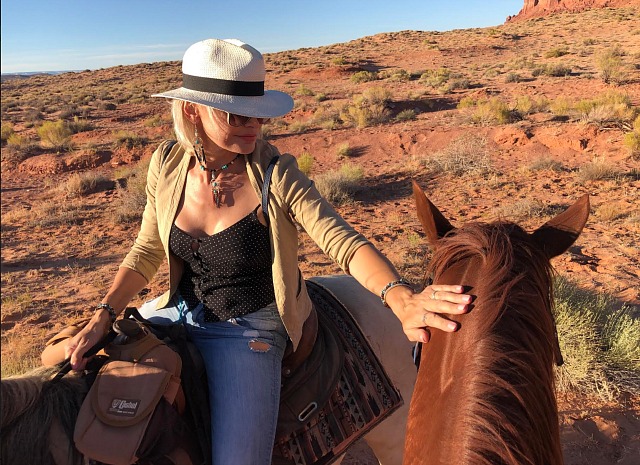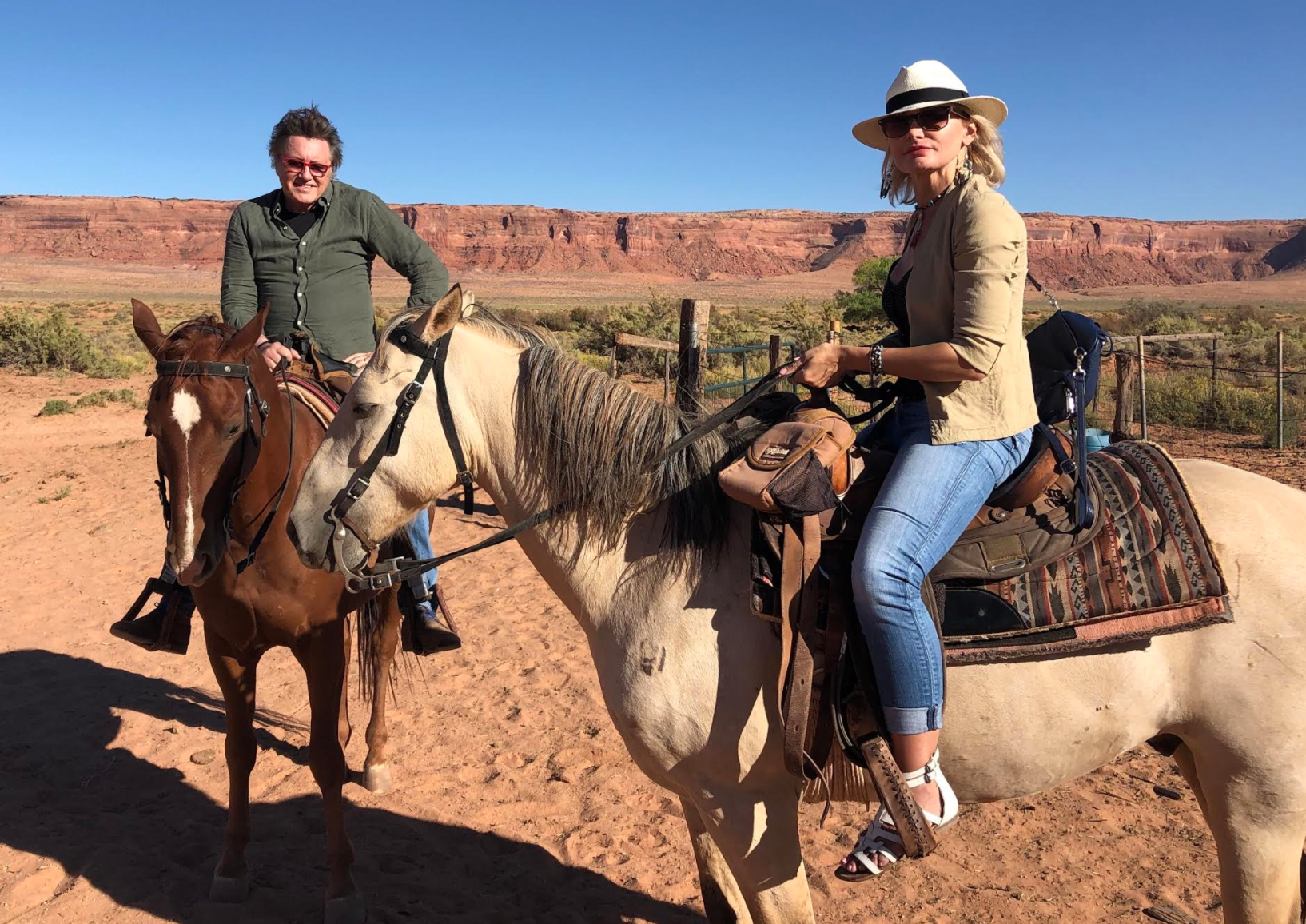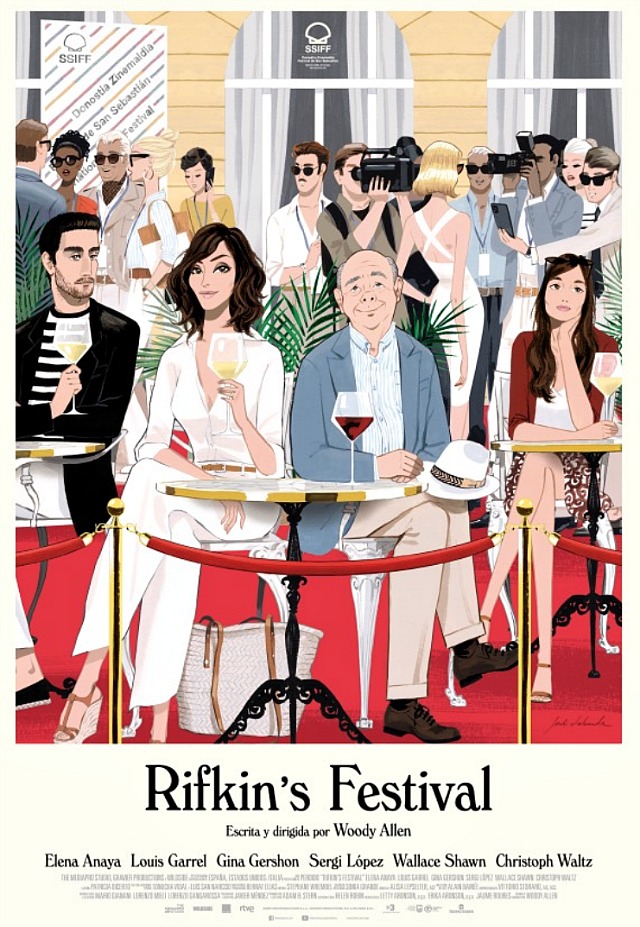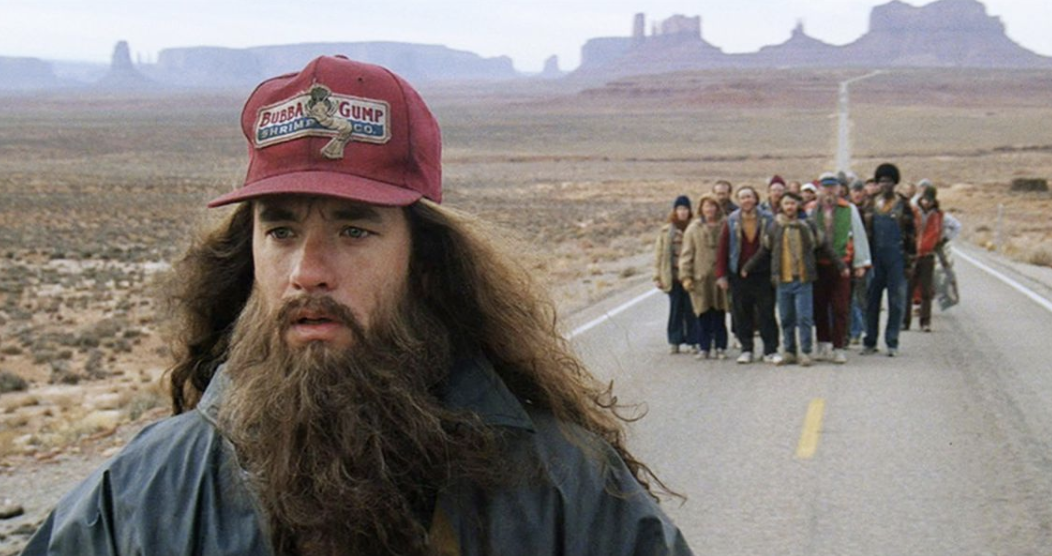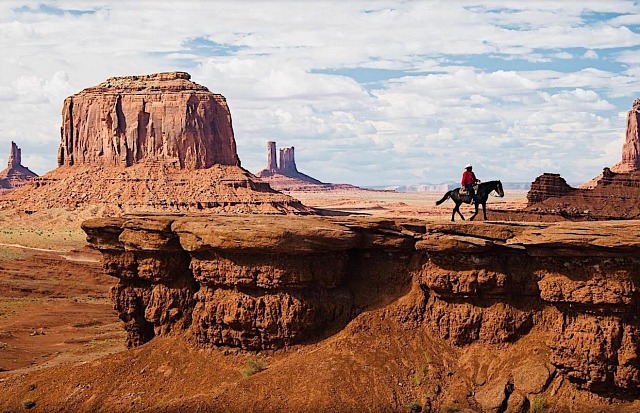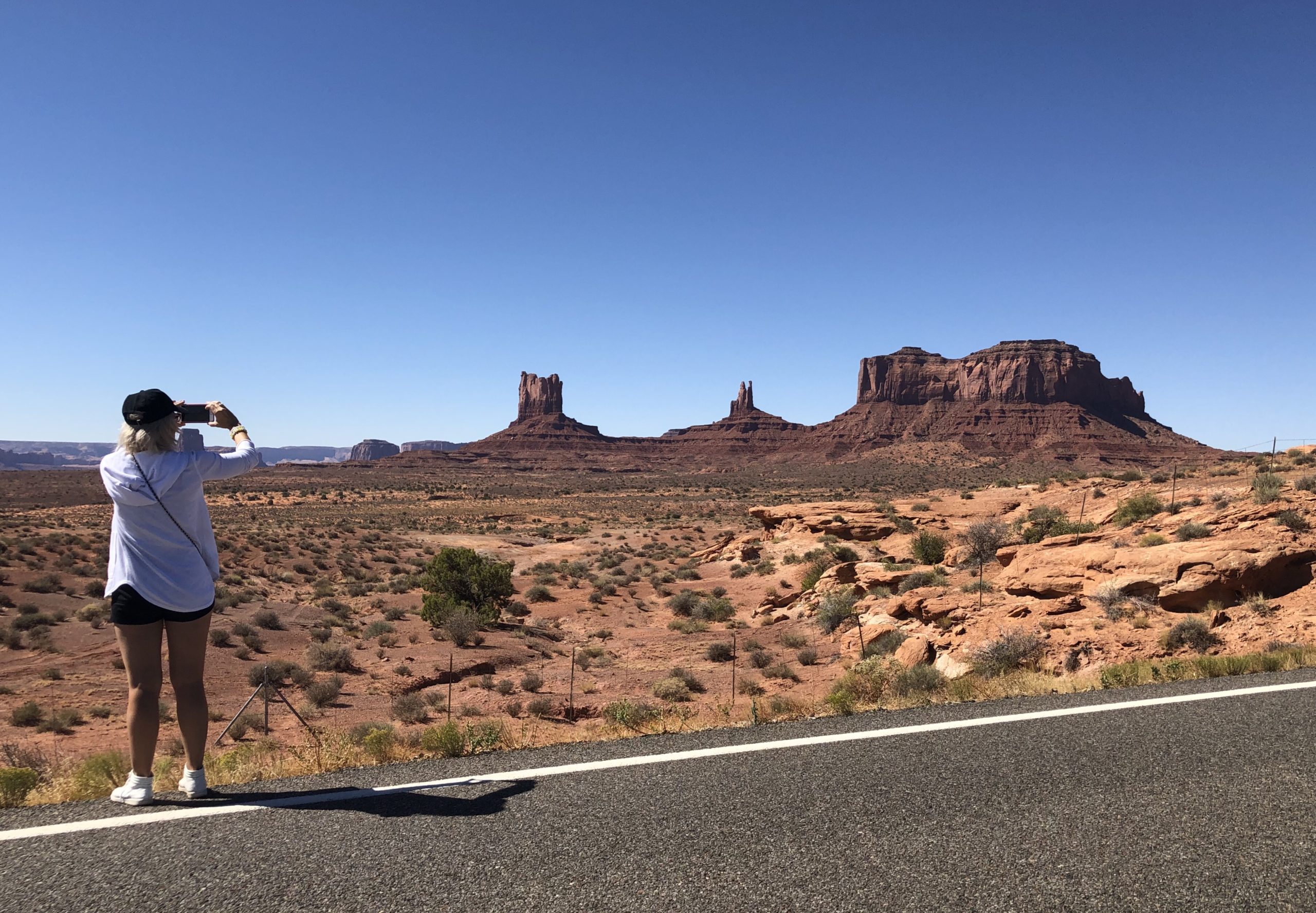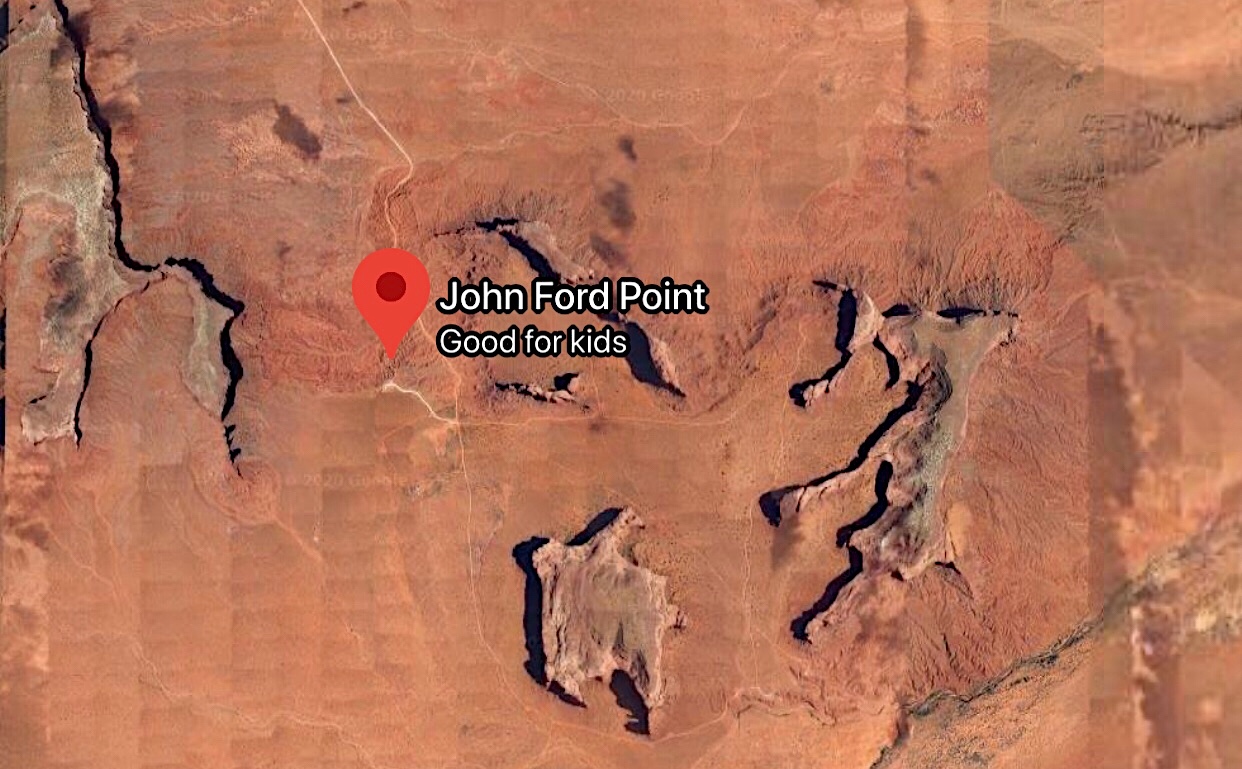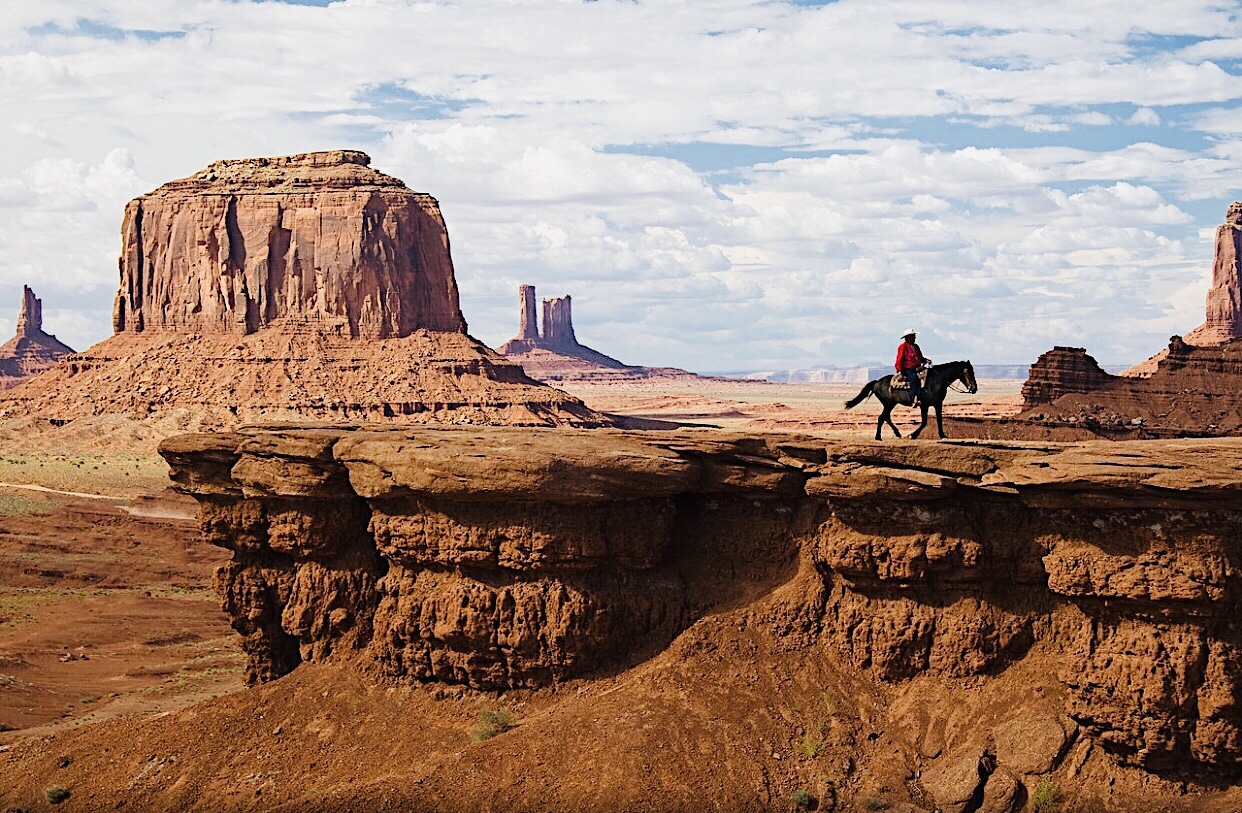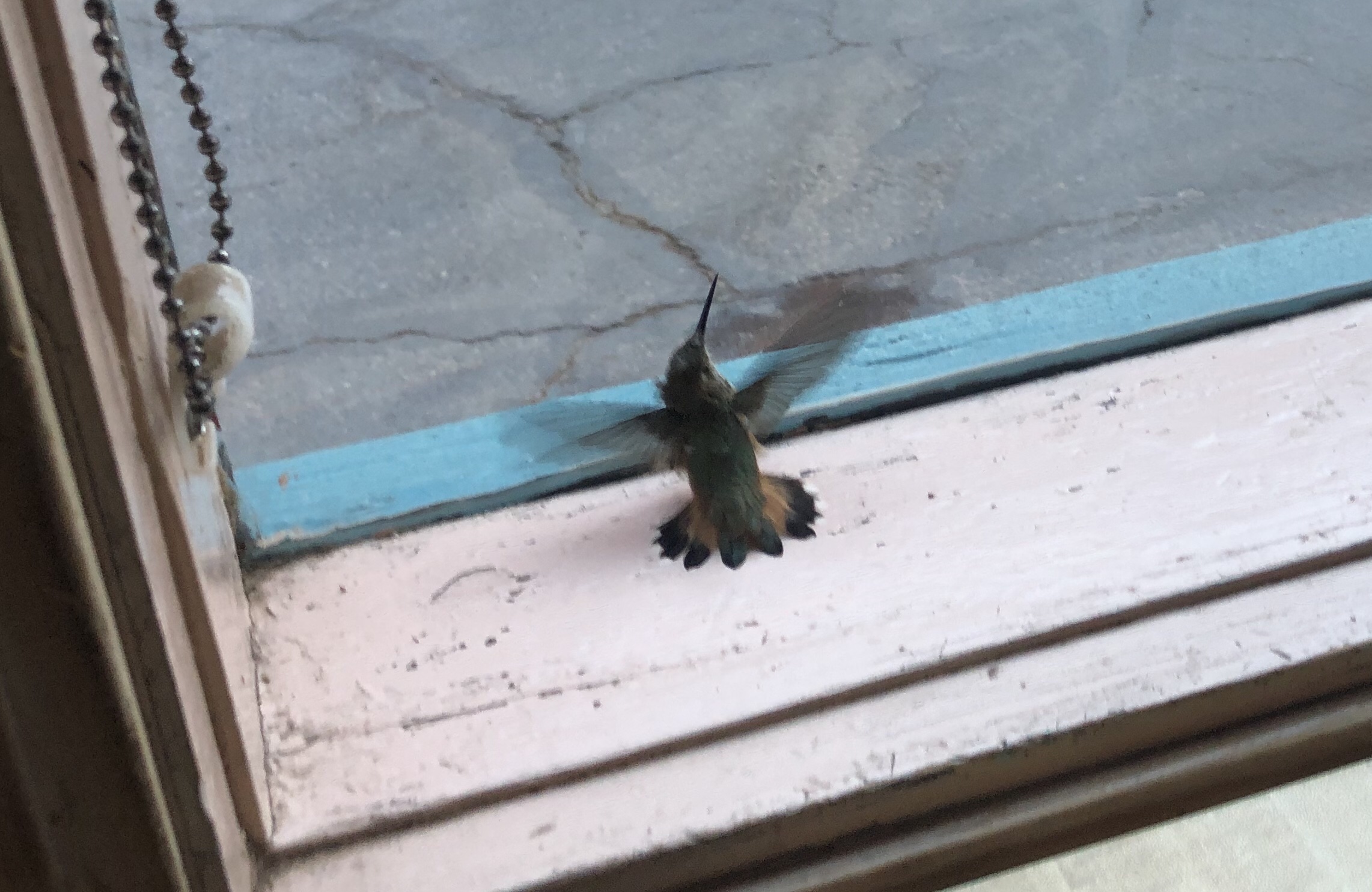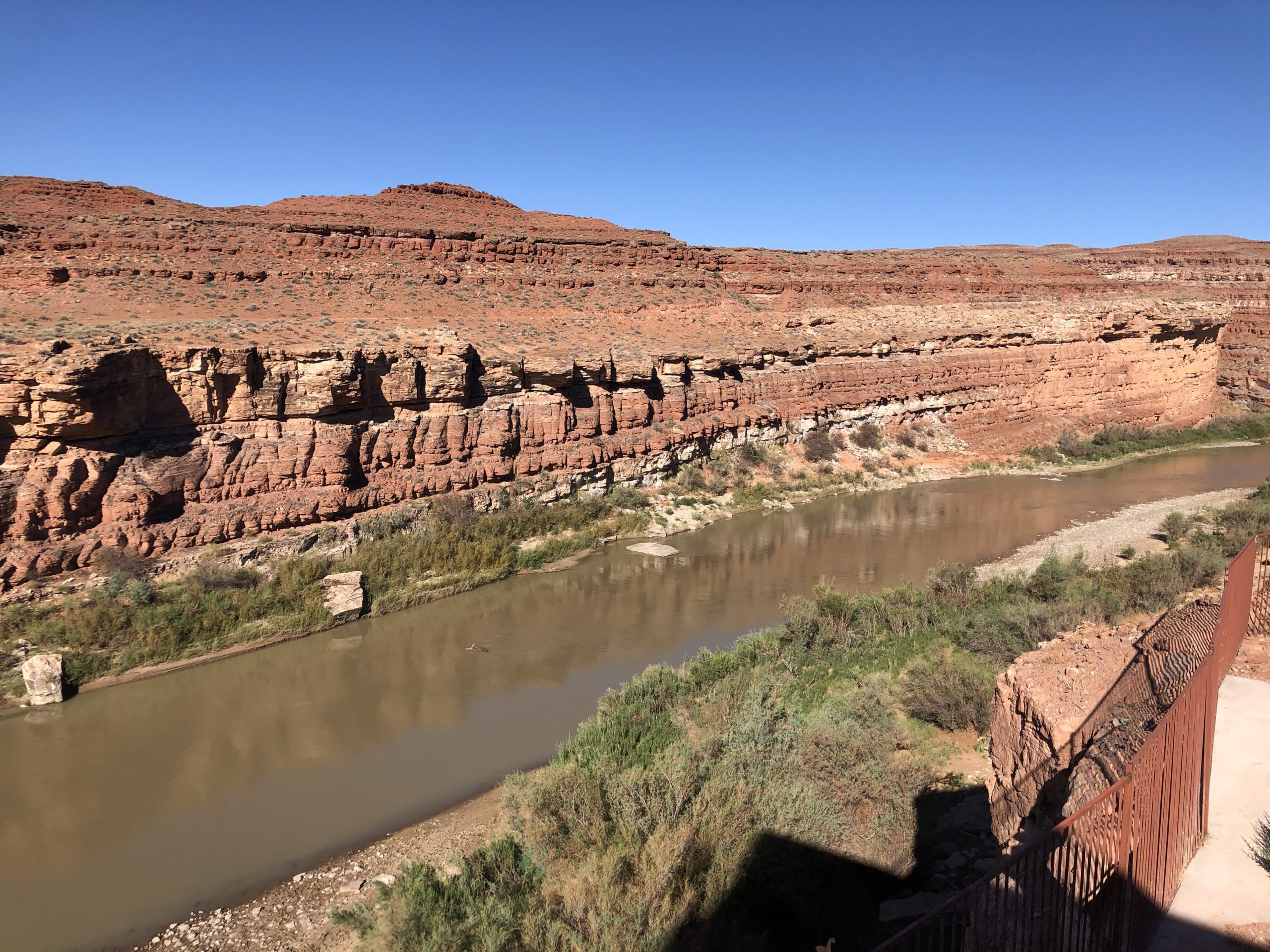It’s one thing to say “I’ve never seen Johnny Guitar” or “I was exasperated by Stephen Frears‘ The Hit” or “I’ve never bothered to watch Three Days of the Condor.”
But it takes confidence, character and sand for a Variety columnist to say “I’ve never seen Casablanca.” That, ladies and germs, is called exposing your soft underbelly, and I admire any critic or columnist who does that on occasion. So here’s a toast to Clayton Davis, who’s posted his debut column.
That said, I have two disputes with Davis’s 9.2 essay, which is titled “How I’ll Be Predicting the Oscars for Variety.” Okay, not “disputes” but raised eyebrow reactions. Both, in a sense, are about the embrace of fair-minded, bend-over-backwards positivism.
Davis riff #1: “I’ve seen the grotesque districts of the internet in the form of message boards, comment sections and #FilmTwitter. We’ve seen and heard the noise and vitriol from all of them. Trolls and bot-like beings hiding behind a keyboard and throwing out vile descriptions of the subject being discussed. My objective in this space is to be as positive as possible with my casual moviegoers, celebrities and journalistic colleagues. How difficult can that be?”
Something in me goes “uh-oh” when I hear the phrase “try and be positive.” That sounds to me like a blend of “put on a happy face”, “I want to be happy” and “always look on the bright side of life.” All three are song titles, of course, but only the last, a Monty Python tune that was famously covered by Art Garfunkel, is ironically positive-minded. My basic motto is “never trust anyone who tries to put a positive spin on anything.” ** Because the hardest thing in the world is to be straight-from-the-shoulder but fair.
Davis riff #2: “In some ways, a pocket of the population might categorize me as ‘basic’ when sharing my top three films of all time: Dead Poets Society, Forrest Gump and Star Wars Episode V: The Empire Strikes Back. In other ways, my 10 favorite films of all-time also include Dial M for Murder from Alfred Hitchcock, the masterpiece of his career that no one mentions enough.”
It’s fine to champion Dead Poets and especially Empire, the universal consensus fave of all the Star Wars films, largely because it’s the only shadowy “noir” in that decades-spanning franchise. And I’ve long admired the way Hitchcock shot and cut Dial M for Murder (which I saw twice in a 3D boxy presentation at Manhattan’s Eighth Street Playhouse in ’80), because it manages to be visually gripping without ever leaving Ray Milland and Grace Kelly‘s apartment.
But praising the insipid rightist propaganda of Forrest Gump is…well, that’s worrisome.
Posted in October ’08: “I have a still-lingering resentment of that film, which I and many others disliked from the get-go for the way it kept saying ‘keep your head down’, for its celebration of clueless serendipity and simpleton-ism, and particularly for the propagandistic way it portrayed ’60s-era counter-culture types and in fact that whole convulsive period.
“Every secondary hippie or protestor character in that film was a selfish loutish asshole, and every man and woman in the military was modest, decent and considerate. These and other aspects convinced me that the film was basically reactionary Republican horseshit, and led me to write an L.A. Times Syndicate piece called ‘Gump vs. Grumps,’ about the Forrest Gump backlash.
“No offense to screenwriter Eric Roth, who’s a good fellow and a brilliant writer.”
In response to the above an HE reader named “hcat” said the following: “I have the same problem with Gump. While it flows well and is quite funny throughout, I hate the way it continually rewards Forrest for his stupidity and punishes Jenny for her exploration.
“What especially irks me is the fact that it criticizes the counter-culture and the hippies, but cues up their music every time they need a quick nostalgia hit. Forrest is a country boy and the soundtrack should have been wall to wall Oak Ridge Boys. But that way I can’t imagine it being anywhere near the hit it was.”
** Unless it’s an assessment of myself or Hollywood Elsewhere. In which case I heartily applaud positivism.
